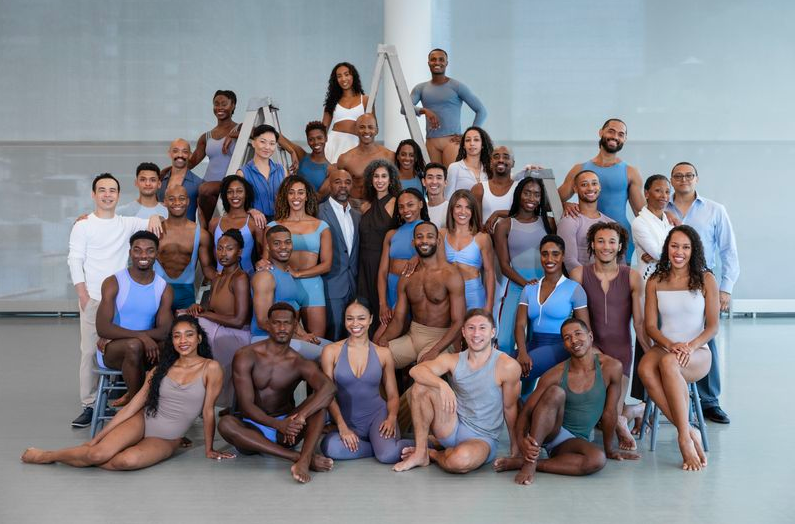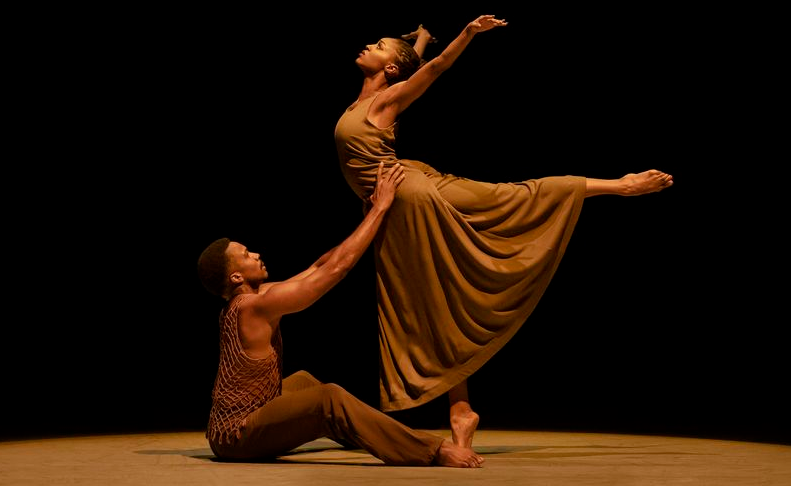[Black British Theater News]
Jay Bernard’s new work “Surge” explores the infamous 1981 New Cross Fire…
Photo: YouTube
Black British poet Jay Bernard revisits the 1981 New Cross Fire which killed 13 Blacks…
Award-winning Black British writer Jay Bernard has recently launched a theatrical multimedia poetry show based on London’s deadly New Cross Fire, notoriously known as the “New Cross Massacre” which killed 13 young Blacks in 1981.
In this work, Bernard, 31, conjures the voices of the victims by using stage poetry fused with archival audios and videos, related to the event, to tell the story of this disaster—an apparent racist firebombing attack.
In this new show “Surge,” Bernard revisits the tragic topic of the New Cross Fire where 13 Blacks were killed, in a fire, during a birthday party. “Surge” is an expansion of Bernard’s prize-winning work “Surge: Side A,” which won him a 2018 Ted Hughes Award for New Work in Poetry.
“Surge” is produced by Speaking Volumes Live Literature Productions. The show explores the cause for the fire and the police—and media’s—response in the aftermath. On this project, Bernard collaborates with Black British artists like writer and actor Rex Obano. Bernard also uses the music of female singer and drummer Mwen Rukandema; as well as poems inspired by the George Padmore Institute archives.
Bernard explained why he was compelled to explore this infamous incident in his work.
“I was compelled by the story and the fact it was never taught to me or mentioned in any history class I attended,” said Bernard. “I was intrigued by its position in Britain’s subconscious; there are articles about it, even today, and there was a memorial in 2011. But its link to the Brixton uprising in 1981 is rarely discussed. When Grenfell [tower fire in June 2017] happened the year after I had started the project, the New Cross Fire once again became relevant.”
The New Cross Fire has long been a source of frustration and anger for England’s Black community. This tragedy, also known as the “New Cross Massacre,” took the lives of 13 Black youths on January 18, 1981. These mostly teenagers were celebrating a birthday party, at 439 New Cross Road, London SE14, when the party was firebombed. The partygoers were trapped because the swiftly spreading fire started on the house’s ground floor sealing off the ground level exits. The only way of escaping the fire was to jump through upstairs windows of the building.
Black Britain has always maintained the firebombing was the work of White racists.
The 13 killed were: Humphrey Brown, 18, Peter Campbell, 18, Steve Collins, 17, Patrick Cummings, 16, Gerry Francis, 17, Andrew Gooding, 14, Lloyd Richard Hall, 20, Patricia Denise Johnston, 15, Rosalind Henry, 16, Glenton Powell, 15, Paul Ruddock, 22, Yvonne Ruddock, 16, and Owen Thompson, 16.
The party was a joint celebration of Angela Jackson and Yvonne Ruddock, both of whom were observing birthdays. Jackson survived the firebombing. A fourteenth victim, Anthony Berbeck, died after falling from a South London balcony on July 9, 1983. Berbeck’s death was ruled a suicide. He had become mentally distraught and disturbed after the deaths of his friends.
The indifference of English police—and the larger White English population—after the tragedy led to organized protest marches. Violent demonstrations later erupted in the streets of London.
On March 2, 1981, twenty thousand angry demonstrators denounced the firebombing and marched for some eight hours. No one was ever held responsible for the firebombing. Many maintained the police—and the British press—showed their total disinterest in investigating who perpetrated the firebombing.
The police inaction no doubt was a factor in igniting the Brixton Rebellion of 1981. This historic event, from April 10 to 12, happened when Black Britain took their rage to the streets of London. Beside the New Cross Fire, this Black uprising was incited by the ongoing harassment and brutality Black Londoners then faced at the hands of police. After the dust cleared, 45 civilians were injured—along with 279 police officers.
The New Cross Fire occurred against the backdrop of England’s institutional racism and the virulence of far-right hate political groups like the National Front. English Blacks also faced the venom of racist conservative politicians like Jill Knight, Enoch Powell, and former Prime Minister Margret Thatcher.
Mr. Bernard is not the first poet to memorialize the New Cross Fire through poetry and music. In 1983, Reggae Dub poet Linton Kwesi Johnson released his chilling poem entitled “New Crass Massakah.” In 1981, Reggae singer Johnny Osbourne also recorded the haunting song “13 Dead and Nothing Said.”
Links to these works can be found just below along with a link to Jay Bernard’s website.
Linton Kwesi Johnson’s “New Crass Massakah” can be heard here: https://www.youtube.com/watch?v=FUMYAqAlAXA
Johnny Osbourne’s “13 Dead and Nothing Said” can be heard here: https://www.youtube.com/watch?v=G36RkMLiHFg
Visit Jay Bernard website here www.jaybernard.co.uk






